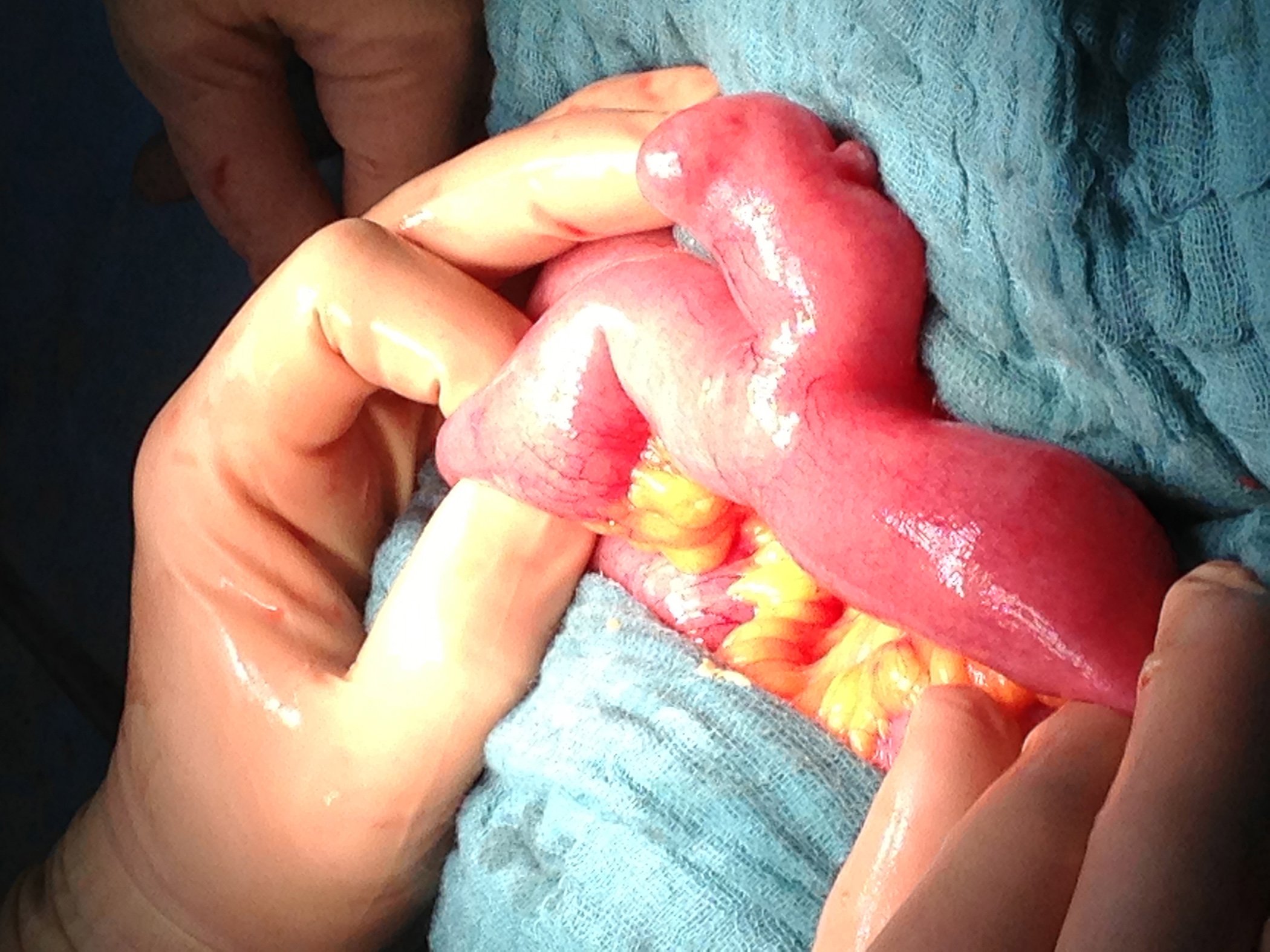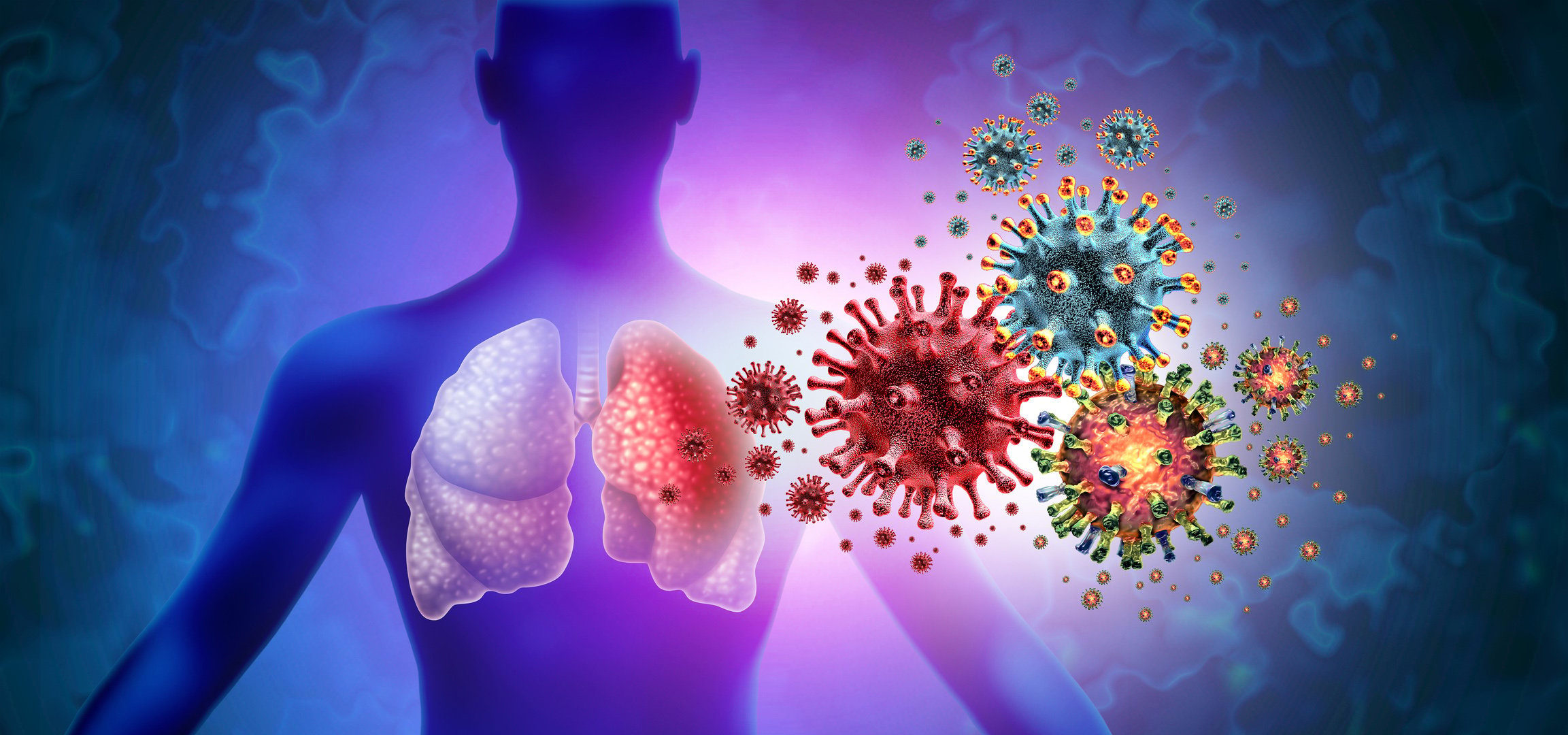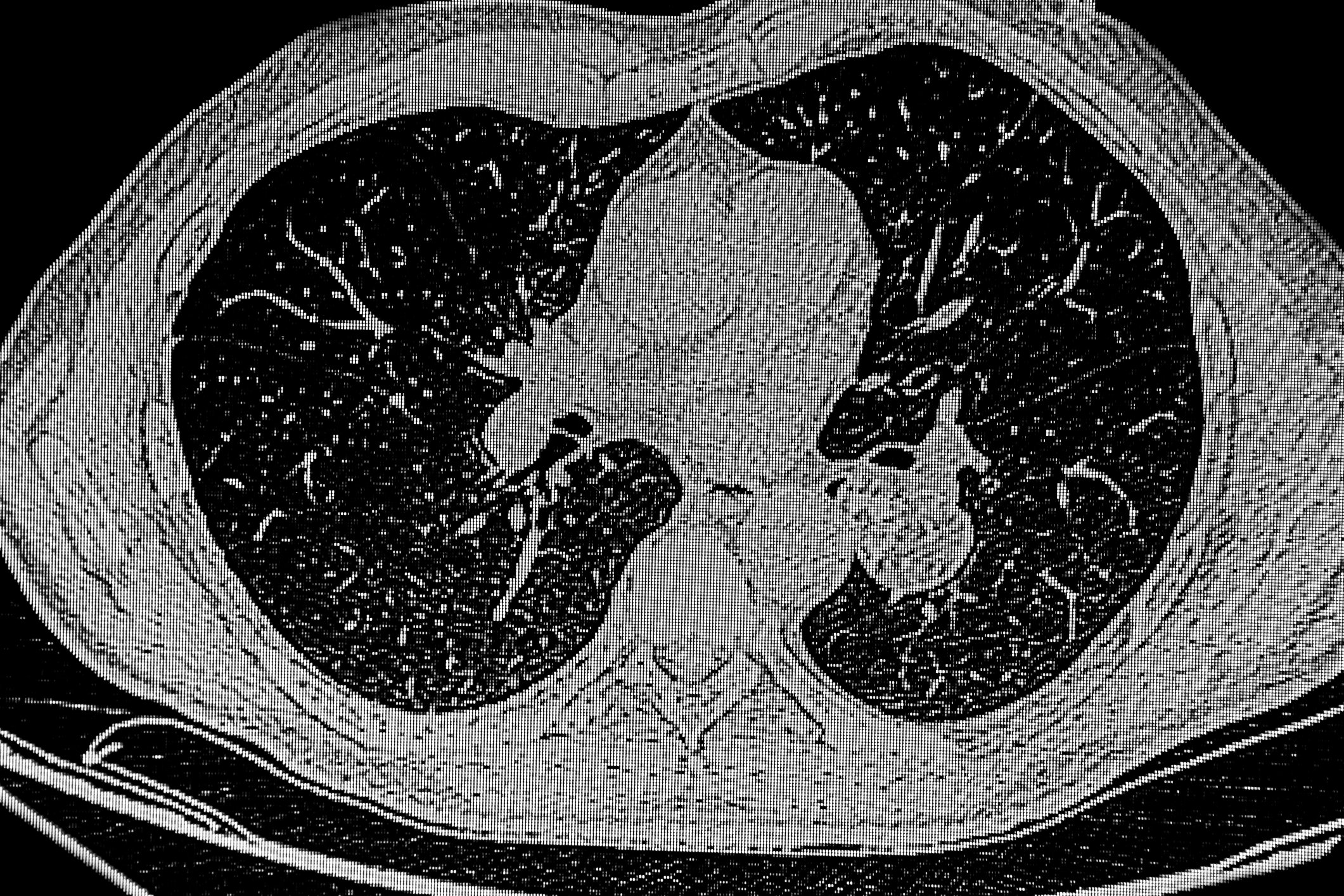Infections of the central nervous system require rapid action. Specialized diagnostics and effective therapy are essential for this. Signs of meningitis are not always seen in all patients. Especially in infants or very old or immunosuppressed patients, a closer look is often needed.
The pandemic with COVID-19 shows that the age-old topic of infectiology can be red-hot again at any time. Central nervous system infections often require rapid action and specialized diagnosis and therapy for a good outcome. Viral and bacterial encephalitides and meningitides cause severe permanent damage if inadequately treated.
Bacterial meningitis
Bacterial meningitis is an inflammation of the soft meninges. If the adjacent brain parenchyma is also affected, the condition is referred to as meningoencephalitis. The leading symptoms of bacterial meningitis are headache, high fever, and meningismus. In addition, photophobia, nausea and vomiting may occur. The typical meningismus signs are the Brudzinski, Lasègue, and Kernig signs, and in children, the knee-kick test and the three-foot sign.
Caveat: Meningismus signs may be absent in immunosuppressed, very old patients, and infants.
The most common pathogens are pneumococci (Streptococcus pneumoniae), meningococci (Neisseria meningitidis) and, with a declining incidence, Listeria (Listeria monocytogenes), less frequently B streptococci (Streptococcus agalactiae), Escherichia coli and zoonoses such as Bacillus anthracis. If bacterial meningitis is suspected, therapy must be started immediately after taking blood cultures. After exclusion of intracranial pressure with cranial computed tomography (cCT), cerebrospinal fluid (CSF) puncture is performed for pathogen diagnosis. Normal cCT does not completely rule out increased intracranial pressure. Findings in the CSF are shown in Table 1.

Note: The CSF puncture and the cCT must not delay the start of antibiosis! Dexamethasone administration and antibiotic therapy should be started within one hour.
Microscopy with Gram stain, cultural pathogen cultivation and increasingly Nucleic Acid Amplification Technology (NAAT) and multiplex PCR are suitable for pathogen detection.
Recommended antibiotics for calculated antibiotic therapy for outpatient meningitis are group 3a cephalosporins and ampicillin; for nosocomial meningitis, vancomycin and meropenem or ceftazidime. If there is no response to antibiotics, a new CSF diagnosis should be performed. Adjuvant therapy with dexamethasone, especially for pneumococci and Haemophilus influenza, which is much less common in children due to vaccination, reduces mortality; this is given before antibiotics [1].
Complications of bacterial meningitis include sepsis, consumption coagulopathy, cerebral edema, hydrocephalus, ischemic stroke, sinus vein thrombosis, ARDS (acute respiratory stress syndrome), Vestibulocochlear damage, abscesses, empyema, cerebritis, Waterhouse-Friedrichsen syndrome in meningococci with consumption coagulopathy, petechiae, hemorrhage to adrenal insufficiency, cerebral edema, and respiratory paralysis.

Viral meningitis/meningoencephalitis
Acute viral meningitis is usually a benign, self-limiting illness. Acute viral meningoencephalitides and encephalitides are life-threatening emergencies. The incidence of viral encephalitis in temperate regions ranges from 1-7 cases/100 000. Fever, headache, and qualitative or quantitative disturbance of consciousness are leading symptoms of encephalitis. Meningismus and focal neurology may occur. Common encephalitis-causing viruses in Central Europe are herpes simplex virus type 1 and type 2 and TBE, in Southeast Asia dengue virus (serotype DENV 1-4) and Japanese encephalitis virus. (Tab. 2). Due to increased travel, changing climatic conditions and global trade, formerly tropical pathogens are becoming more prominent in western temperate regions (Tab. 3) [8]. Of increasing importance are co-infections, as mosquitoes can carry both Zika viruses and dengue viruses, for example.

In the blood, relative lymphocytosis is striking with normal procalcitonin. CSF shows developing lymphocytic pleocytosis, which may be absent initially, normal protein and lactate <4 mmol/l. Initially, granulocytic pleocytosis may also be present in viral encephalitis. Pathogen identification can be performed by PCR from cerebrospinal fluid. The antibody-specific index (ASI) confirms viral encephalitis, but is often positive only in the second or third week after the onset of symptoms (ASI: antibodies in CSF*serum IgG/Liquor IgG*antibodies in serum).
Cranial MRI may show characteristic findings, particularly in herpes simplex virus encephalitis the temporal lobe is affected, as is the frontobasal and limbic systems. EEG may show slowing or, in herpes simplex viral encephalitis, temporal periodic paroxysmal dysrhythmias.
If herpes simplex virus encephalitis is suspected, therapy with aciclovir i.v. must be started immediately [3]. Adjuvant administration of dexamethasone was shown to be beneficial in animal experiments but is not supported by clinical trials [4].
Note: If herpes simplex virus encephalitis is suspected, therapy with aciclovir i.v. must be started immediately.
In about half of the cases, pathogen identification is unsuccessful, and some cases are autoimmune. An autoimmune genesis is likely if psychiatric symptoms, memory and consciousness disturbances, and at least one of the following are present: new focal CNS symptoms, CSF pleocytosis, unexplained seizures, or typical abnormalities on MRI to the exclusion of other causes [2].
Acute viral encephalitis should be managed in a specialized neurologic intensive care unit. In individual cases of space-occupying herpetic encephalitis, hemicraniectomy may also be required (decompression surgery).
Time is brain” also applies to pathogen-induced inflammation of the central nervous system.
The sooner the diagnosis is made and specific therapy and neurological intensive care is initiated, the better the prognosis.
Take-Home Messages
- Meningismus signs may be absent in immunosuppressed, very old patients, and infants.
- If bacterial meningitis is clinically suspected, the following applies: CSF puncture and cCT must not delay the start of antibiosis! Dexamethasone administration and antibiotic therapy should be started within one hour of arrival to the emergency department.
- If herpes simplex virus encephalitis is suspected, therapy with aciclovir i.v. must be started immediately.
Literature:
- Pfister HW, et al: S2k-Leitlinie Ambulant erworbene bakterielle (eitige) Meningoenzephalitis im Erwachsenenalter. 2015. In: German Society of Neurology, ed. Guidelines for Diagnosis and Therapy in Neurology. Online: www.dgn.org/leitlinien
- Meyding-Lamadé U, et al: Viral meningoencephalitis, S1 guideline, 2018; in: German Society of Neurology (ed.), Guidelines for diagnosis and therapy in neurology. Online: www.dgn.org/leitlinie
- Meyding-Lamade U, Strank C: Herpesvirus infections of the central nervous system in immunocompromised patients. Ther Adv Neurol Disord, 5(5), 279-296 (2012). doi:10.1177/1756285612456234
- Meyding-Lamadé U, Jacobi C, Martinez-Torres F, et al: The German trial on Aciclovir and Corticosteroids in Herpes simplex virus encephalitis (GACHE): a multicenter, randomized, double-blind, placebo-controlled trial. Neurol. Res. Pract. 1, 26 (2019). https://doi.org/10.1186/s42466-019-0031-3
- Darai G, Handermann M, Sonntag HG., et al: (eds) Encyclopedia of Infectious Diseases of Man. Berlin, Heidelberg: Springer.
- Mao L, Jin H, Wang M, et al: Neurologic Manifestations of Hospitalized Patients With Coronavirus Disease 2019 in Wuhan, China. JAMA Neurol. Published online April 10, 2020. doi:10.1001/jamaneurol.2020.1127.
- Pleasure SJ, Green AJ, Josephson SA: The Spectrum of Neurologic Disease in the Severe Acute Respiratory Syndrome Coronavirus 2 Pandemic Infection: Neurologists Move to the Frontlines. JAMA Neurol. Published online April 10, 2020. doi:10.1001/jamaneurol.2020.1065
- Zettl U, Sieb J: Diagnostics and Therapy of Neurological Diseases: State of the Art. 2nd ed. Munich: Elsevier; 2020.
InFo NEUROLOGY & PSYCHIATRY 2020; 18(3): 6-10.











